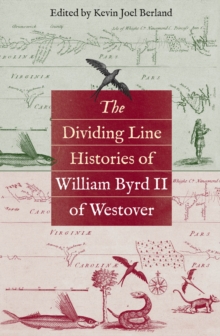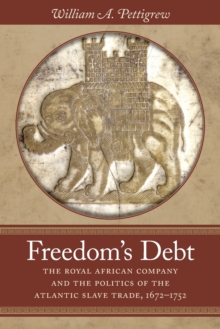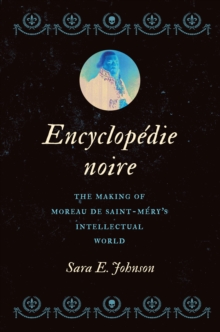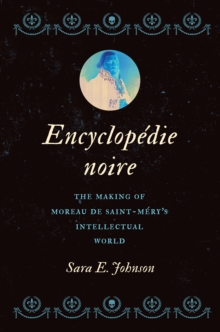
Good Wives, Nasty Wenches, and Anxious Patriarchs : Gender, Race, and Power in Colonial Virginia Paperback / softback
by Kathleen M. Brown
Part of the Published by the Omohundro Institute of Early American History and Culture and the University of Nor series
Paperback / softback
Description
Kathleen Brown examines the origins of racism and slavery in British North America from the perspective of gender.
Both a basic social relationship and a model for other social hierarchies, gender helped determine the construction of racial categories and the institution of slavery in Virginia.
But the rise of racial slavery also transformed gender relations, including ideals of masculinity.
In response to the presence of Indians, the shortage of labor, and the insecurity of social rank, Virginia's colonial government tried to reinforce its authority by regulating the labor and sexuality of English servants and by making legal distinctions between English and African women.
This practice, along with making slavery hereditary through the mother, contributed to the cultural shift whereby women of African descent assumed from lower-class English women both the burden of fieldwork and the stigma of moral corruption.
Brown's analysis extends through Bacon's Rebellion in 1676, an important juncture in consolidating the colony's white male public culture, and into the eighteenth century.
She demonstrates that, despite elite planters' dominance, wives, children, free people of color, and enslaved men and women continued to influence the meaning of race and class in colonial Virginia. |Based on the perspective of gender, this compelling study examines the origins of racism and slavery in colonial Virginia from 1676 to the eighteenth century.
According to Brown, gender is both a basic social relationship and a model for social hierarchies and it therefore helped determine the construction of racial categories and the institution of slavery legally, politically, as well as socially.
Information
-
Available to Order - This title is available to order, with delivery expected within 2 weeks
- Format:Paperback / softback
- Pages:512 pages
- Publisher:The University of North Carolina Press
- Publication Date:30/11/1996
- Category:
- ISBN:9780807846230
Other Formats
- EPUB from £26.99
- PDF from £87.13
Information
-
Available to Order - This title is available to order, with delivery expected within 2 weeks
- Format:Paperback / softback
- Pages:512 pages
- Publisher:The University of North Carolina Press
- Publication Date:30/11/1996
- Category:
- ISBN:9780807846230










